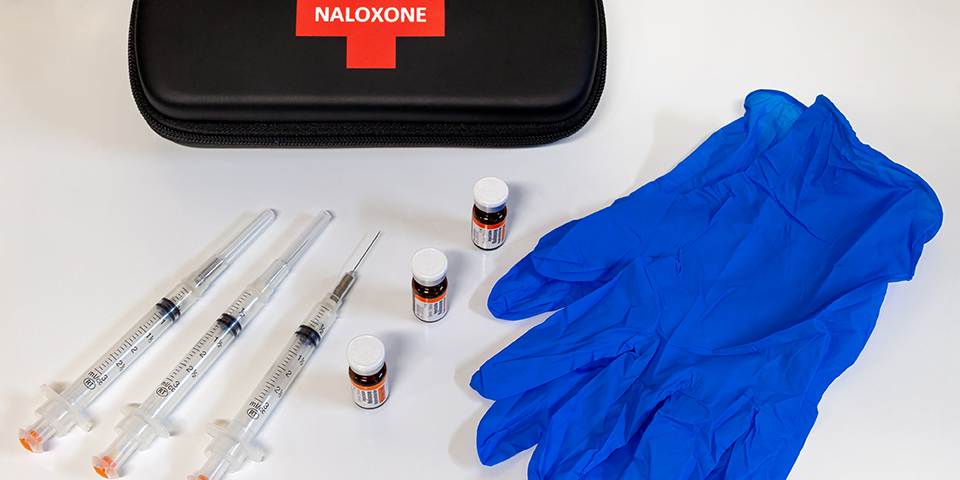La Trobe University researchers have found that the stigma related to illicit drug use is preventing some people from accessing life-saving overdose medicine, naloxone.
La Trobe Professor Suzanne Fraser says naloxone is proven to reverse the effects of an overdose, yet many people are either unaware of how to obtain it or too ashamed or embarrassed to access it due to stigma related to drug use, addiction and overdose.
Professor Fraser led an Australian Research Council-funded research project to investigate why naloxone –despite being available in many pharmacies without a prescription, from GPs or alcohol and drug services – is not being accessed as much as it could.
The researchers interviewed 46 people who take opioids in Victoria and NSW, gathering stories of those who have used the medicine to save another’s life.
“Many people we interviewed were keen to know about naloxone, and access it, but were concerned about confidentiality when speaking to pharmacists, or didn’t want to bring it up with their GP in case it affected their relationship in the future,” Professor Fraser said.
“We need to rethink our social attitudes to opioid consumption and overdose if naloxone programs are to fully achieve their life-saving potential.”
Experiences and stories collected through the research are available on Overdoselifesavers.org, launched this week at the Australasian Professional Society on Alcohol and Other Drugs conference in Hobart.
Overdoselifesavers.org website advocate, human rights campaigner and former Socceroo Craig Foster spoke passionately about the need for the site.
“At present we’re facing unprecedentedly high rates of fatal overdose among people who consume opioids,” he said.
According to the Australian Bureau of Statistics, prescription drugs contributed to the deaths of 794 Australians, and illegal opioids such as heroin caused 438 deaths in 2018.








